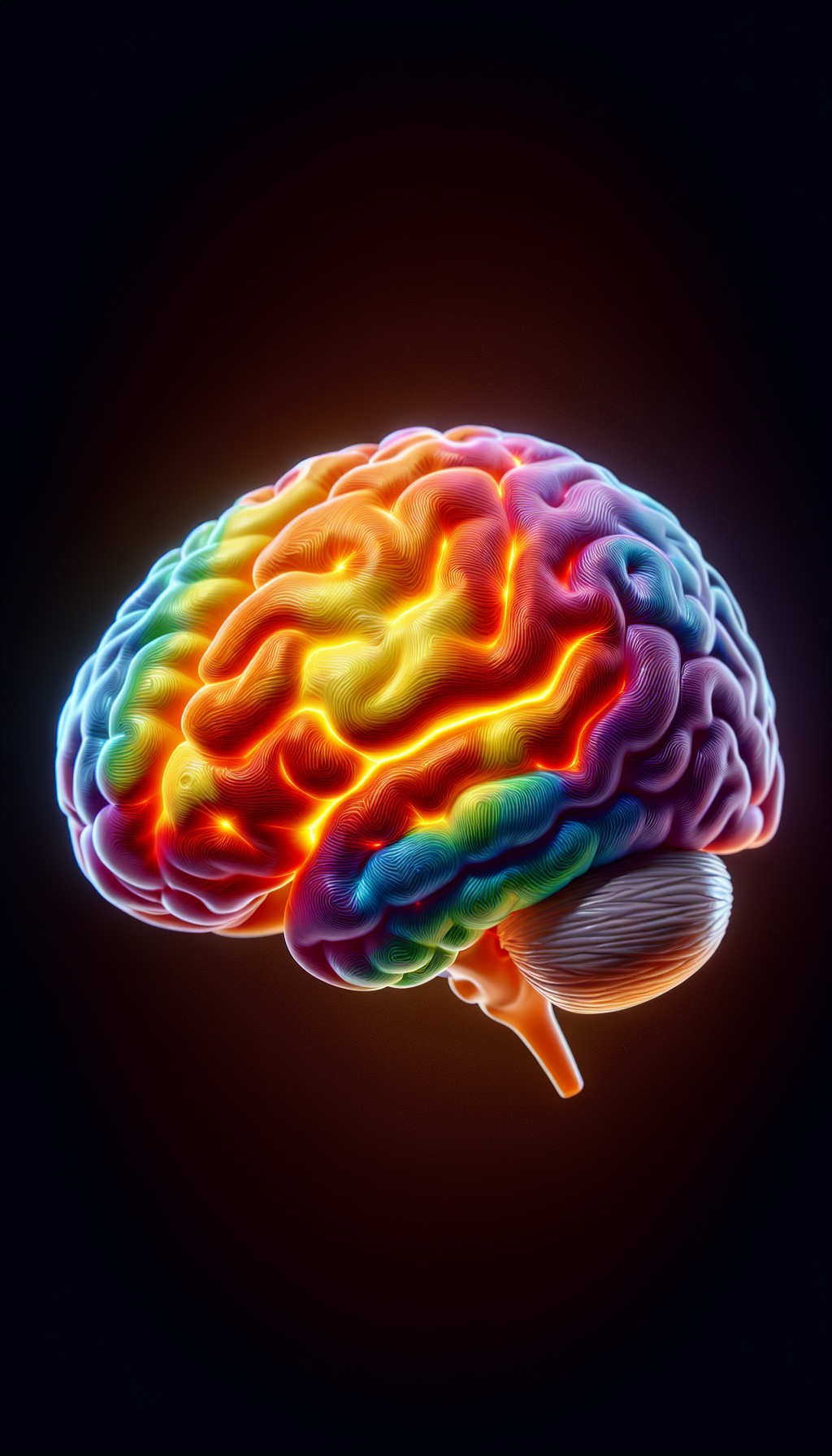Aerobic exercise, also known as cardio, is widely recognized for its benefits to physical health, particularly for the heart and lungs. However, its impact extends far beyond these organs, reaching the most complex and vital structure in our body—the brain. Through a series of biochemical reactions and neural adaptations, aerobic workouts can significantly influence brain function and mental health. In this comprehensive exploration, we delve into the mechanisms through which aerobic exercise reshapes our brain chemistry and the profound implications this has for our cognitive and emotional well-being.
The Neurochemical Response to Aerobic Exercise
When we engage in aerobic activities such as running, swimming, or cycling, our brain chemistry undergoes a dynamic shift. One of the primary changes is the increased production of neurotransmitters, the brain’s chemical messengers. For instance, aerobic exercise elevates the levels of endorphins, often referred to as "feel-good hormones," which can reduce pain perception and induce feelings of euphoria. Serotonin, another neurotransmitter influenced by physical activity, plays a pivotal role in mood regulation, appetite control, and sleep patterns.
Additionally, aerobic exercise has been shown to boost the production of dopamine, which is linked to motivation, pleasure, and reward. This surge in neurotransmitters is not only responsible for the immediate mood lift often experienced during and after a workout but also contributes to long-term mental health benefits. To gain further insights into the relationship between neurotransmitters and exercise, The Dana Foundation offers a detailed examination of these complex interactions.
Aerobic Exercise and Brain-Derived Neurotrophic Factor (BDNF)
Perhaps one of the most significant substances affected by aerobic exercise is Brain-Derived Neurotrophic Factor (BDNF). BDNF acts as a growth factor in the brain, supporting the survival of existing neurons and encouraging the growth and differentiation of new neurons and synapses. Various studies, such as those compiled by the National Institutes of Health, have documented the rise in BDNF levels following aerobic exercise, which can improve cognitive functions and potentially protect against cognitive decline.
The Role of Aerobic Exercise in Alleviating Stress and Anxiety
In our fast-paced, stress-filled lives, aerobic exercise emerges as a natural and effective stress-reliever. It helps in reducing the levels of the body’s stress hormones, such as adrenaline and cortisol, while simultaneously enhancing endorphin production. These changes in hormone levels can lead to a decrease in anxiety and stress. For an in-depth exploration of how exercise influences stress response, The American Psychological Association provides a wealth of information.
Moreover, aerobic exercise can also serve as a form of meditation in motion, as the repetitive movements allow individuals to focus on the present moment, which can help in breaking the cycle of negative thoughts that contribute to anxiety. For more information on the meditative aspects of exercise, Harvard Health Publishing offers a perspective on the connection between mindfulness, meditation, and physical activity.
Enhancing Cognitive Function through Aerobic Exercise
Aerobic exercise is not only beneficial for immediate mental health but also plays a crucial role in enhancing various cognitive functions. Research has shown that it can improve memory, attention, and even the ability to multitask and plan. For individuals interested in the cognitive benefits of aerobic exercise, Frontiers in Human Neuroscience provides research findings on the subject.
By increasing blood flow to the brain, aerobic exercise provides neurons with more oxygen and nutrients, which can lead to improved brain health and function. This is particularly important as we age, as regular aerobic exercise has been linked to a lower risk of developing neurodegenerative diseases such as Alzheimer’s and Parkinson’s. For further reading on the impact of exercise on neurodegeneration, The Alzheimer’s Research & Prevention Foundation presents compelling evidence on the subject.
Long-Term Brain Health and Aerobic Exercise
The long-term impact of aerobic exercise on brain health cannot be overstated. Engaging in regular aerobic activity has been associated with increased volume in critical brain regions such as the hippocampus, which is involved in memory and learning. This suggests that aerobic exercise may be a viable strategy for preserving brain volume and preventing age-related brain atrophy.
For a comprehensive understanding of how physical activity can influence brain health over time, the National Institute on Aging provides valuable insights into the latest research on exercise and brain aging.
Integrating Aerobic Exercise into Your Lifestyle
To reap the brain-boosting benefits of aerobic exercise, it’s essential to incorporate it into your lifestyle in a sustainable way. The Centers for Disease Control and Prevention recommends at least 150 minutes of moderate-intensity aerobic activity or 75 minutes of vigorous-intensity activity per week, along with muscle-strengthening activities on two or more days per week.
It’s important to choose activities that you enjoy and that fit your current fitness level. Whether it’s brisk walking, cycling, swimming, or dancing, the key is to remain consistent and make exercise a regular part of your routine.
For more insights on the benefits of exercise for mental clarity and focus, consider reading "How Physical Exercise Promotes Mental Clarity and Focus" on Avix Health. To explore the connection between exercise and neurogenesis, "Exploring the Link Between Exercise and Neurogenesis" delves into the fascinating process by which new neurons are formed in the adult brain. And for an understanding of the relationship between exercise and memory retention, "The Relationship Between Exercise and Memory Retention" offers a detailed look at how physical activity can help us retain and recall information more effectively.
In conclusion, aerobic exercise is a powerful tool for enhancing brain chemistry and overall mental health. By making it a regular part of our lives, we can not only boost our physical well-being but also nurture our cognitive functions and emotional resilience. So, lace up your sneakers and hit the pavement—not just for your body but for your brain as well.



